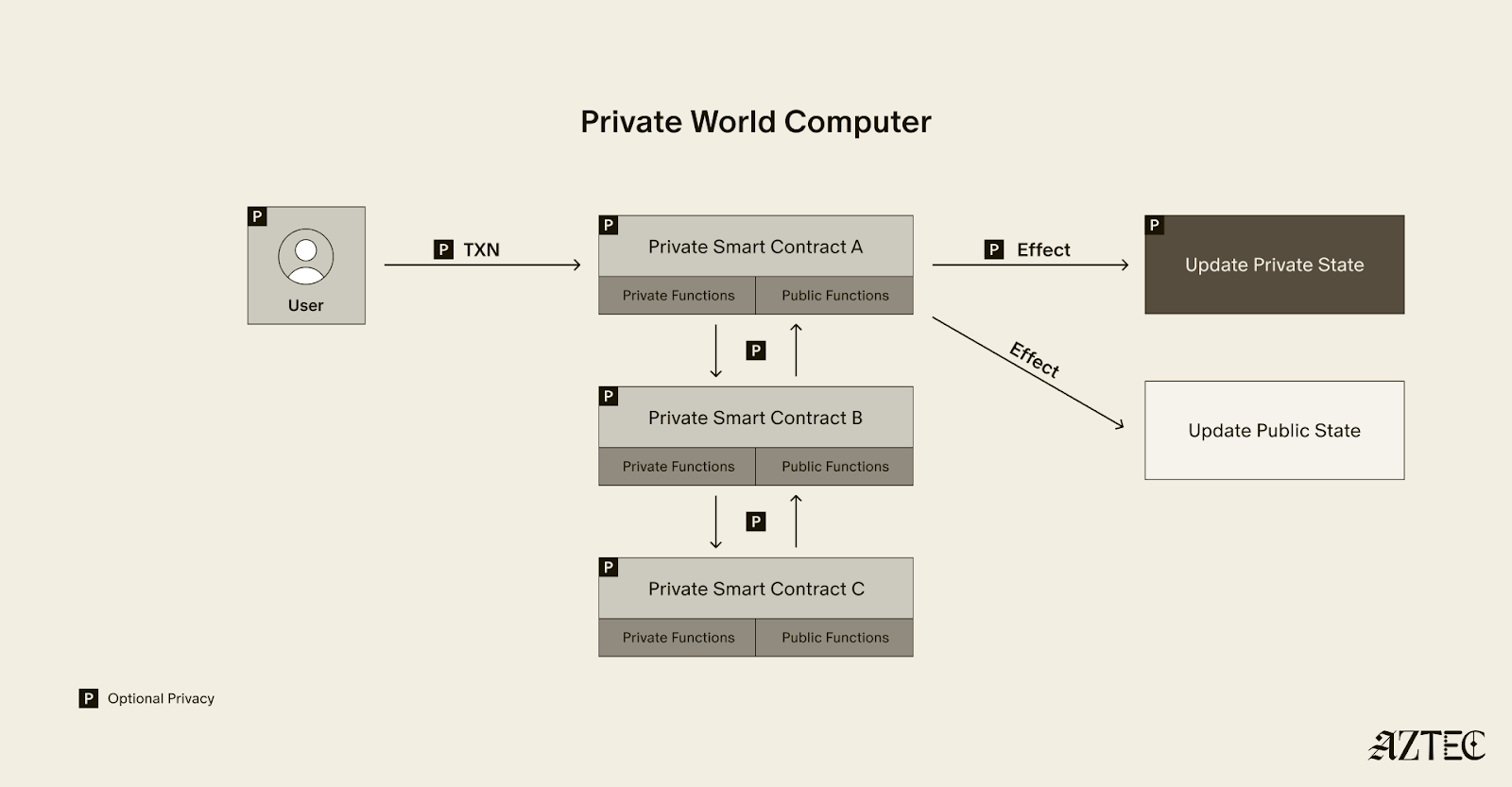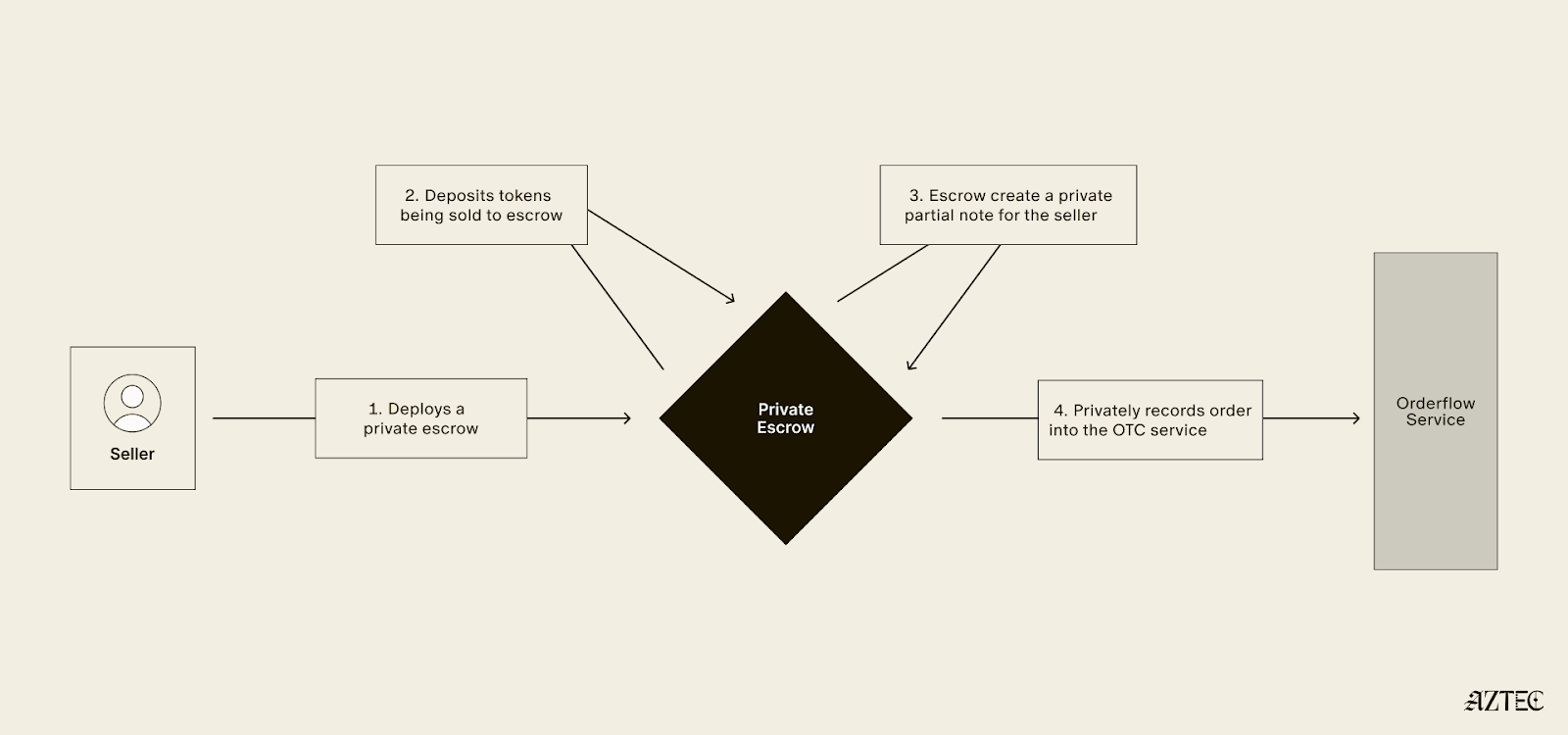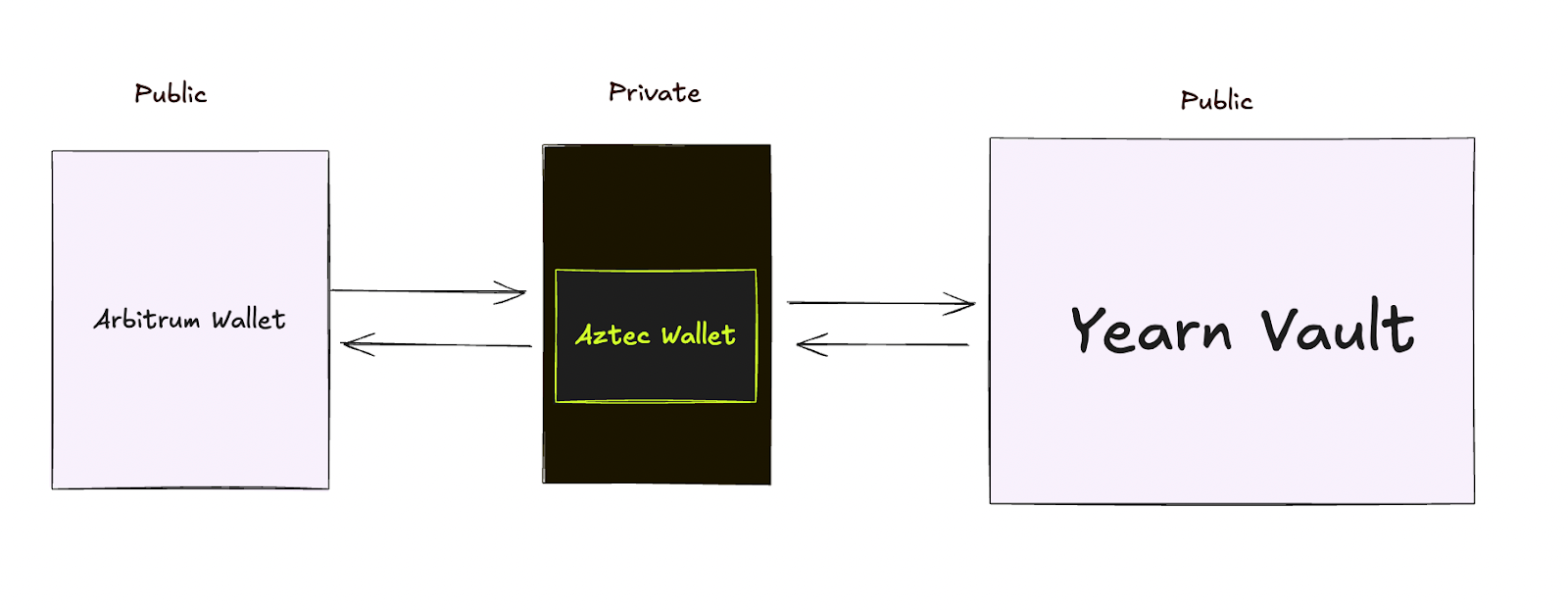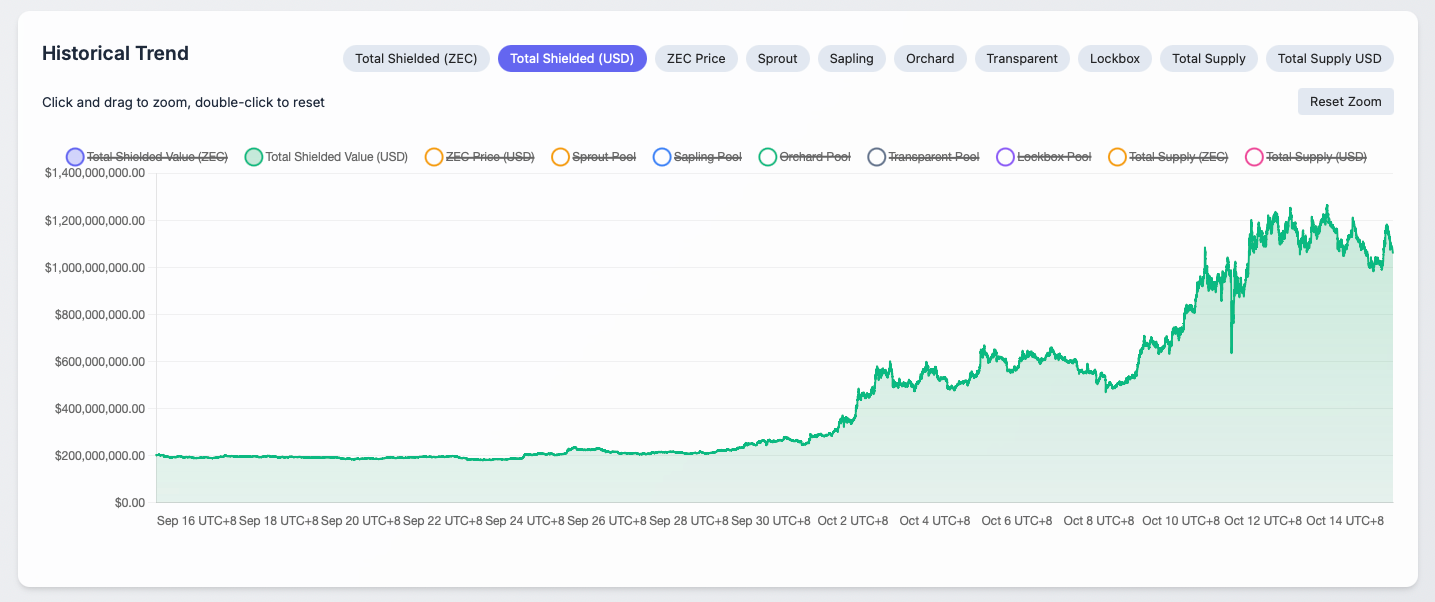Transparent OTC Trades Are Holding the Industry Back
OTC trading is fundamental to how crypto markets function. It enables better price negotiations than what you'll find on public order books and facilitates trading of illiquid assets that barely exist on exchanges. Without OTC markets, institutional crypto trading would be nearly impossible. But here's the massive problem: every single OTC transaction leaves a permanent, public trace.
Let's say you're a fund manager who needs to sell 1,000 BTC for USDC on Base. In a traditional OTC trade, your Bitcoin leaves your wallet and becomes visible to everyone on Bitcoin's blockchain. Through cross-chain settlement, USDC then arrives in your Base wallet, which is also visible to everyone on Base's blockchain.
At this point, block explorers and analytics firms can connect these transactions through pattern analysis. As a result, your trading patterns, position sizes, and timing become public data, exposing your entire strategy.
This isn't just about privacy; transparent OTC creates serious operational and strategic risks. These same concerns have moved a significant portion of traditional markets to private off-exchange trades.
Why Traditional Finance Moved to Private Markets
In TradFi, institutions don't execute large trades on public order books for many reasons. In fact, ~13% of all stocks in the US are now traded in dark pools, and more than 50% of trades are now off-exchange.
They use private networks, dark pools, and OTC desks specifically because:
- Strategy Protection: Your competitors can't front-run your moves
- Better Execution: No market impact from revealing large positions
- Regulatory Compliance: Meet reporting requirements without public disclosure
- Operational Security: Protect proprietary trading algorithms and relationships
While OTC trading is already a major part of the crypto industry, without privacy, true institutional participation will never be practical.
Now, Aztec is making this possible.
Moving Whale-Sized Bags Privately on Aztec
We built an open-source private OTC trading system using Aztec Network's programmable privacy features. Because Aztec allows users to have private, programmable, and composable private state, users aren’t limited to only owning and transferring digital assets privately, but also programming and composing them via smart contracts.
If you’re new to Aztec, you can think of the network as a private world computer, with full end-to-end programmable privacy. A private world computer extends Ethereum to add optional privacy at every level, from identity and transactions to the smart contracts themselves.

To build a private OTC desk, we leveraged all these tools provided by Aztec to implement a working proof of concept. Our private OTC desk is non-custodial and leverages private smart contracts and client-side proving to allow for complete privacy of the seller and buyer of the OTC.
How It Actually Works

For Sellers:
- Deploy a private escrow contract (only you know it exists at this stage)
- Initialize contract and set the terms (asset type, quantity, price)
- Deposit your assets into the contract
- After it’s been deployed, call a private API (the order book service)

For Buyers:
- Discover available orders through our privacy-preserving API
- Select trades that match your criteria
- Complete the seller's partial note with your payment
- Execute atomic swap – you get their assets, they get your payment
The Magic: Partial Notes are the technical breakthrough that make collaborative, asynchronous private transactions possible. Sellers create incomplete payment commitments that buyers can finish without revealing the seller's identity. It's like leaving a blank check that only the right person can cash, but neither party knows who the other is.
Privacy guarantees include:
- Complete Privacy: Neither party knows who they're trading with
- Strategy Protection: Your trading patterns stay private
- Market Impact Minimization: No public signals about large movements
- Non-custodial: Direct peer-to-peer settlement, no intermediaries
Key Innovations
Private Contract Deployment: Unlike public decentralized exchanges where smart contracts are visible on the blockchain, the escrow contracts in this system are deployed privately, meaning that only the participants involved in the transaction know these contracts exist.
Partial Note Mechanism: This system uses cryptographic primitives that enable incomplete commitments to be finalized or completed by third parties, all while preventing those third parties from revealing or accessing any pre-existing information that was part of the original commitment.
Privacy-Preserving Discovery: The orderflow service maintains knowledge of aggregate trading volumes and overall market activity, but it cannot see the details of individual traders, including their specific trade parameters or personal identities.
Atomic Execution: The smart contract logic is designed to ensure that both sides of a trade occur simultaneously in a single atomic operation, meaning that if any part of the transaction fails, the entire transaction is rolled back and neither party's assets are transferred.
Build with us!
Our prototype for this is open-sourced here, and you can read about the proof of concept directly from the developer here.
We're inviting teams to explore, fork, and commercialize this idea. The infrastructure for private institutional trading needs to exist, and Aztec makes it possible today. Whether you're building a private DEX, upgrading your OTC desk, or exploring new DeFi primitives, this codebase is your starting point.
The traditional finance world conducts trillions in private OTC trades. It's time to bring that scale to crypto, privately.
To stay up to date with the latest updates for network operators, join the Aztec Discord and follow Aztec on X.




